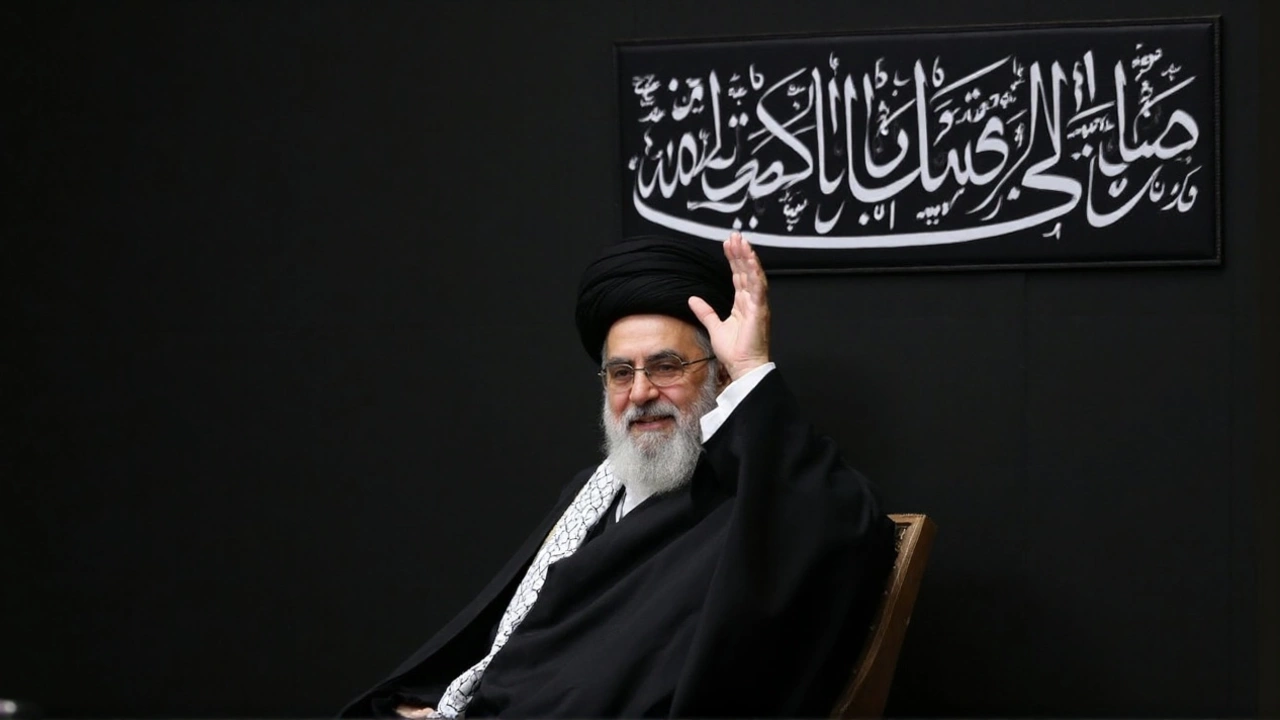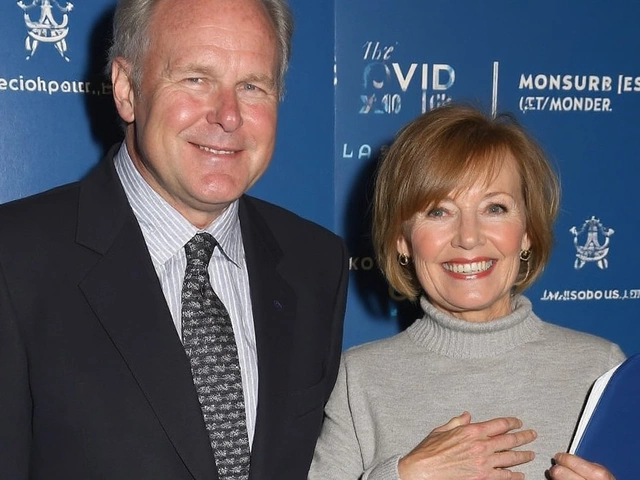Israel-Iran Conflict: What’s Happening and Why It Matters
If you’ve been scrolling the news lately, you’ve probably seen headlines about rockets, drones, and diplomatic rows between Israel and Iran. It can feel overwhelming, but the basics are simple: two regional powers are locked in a rivalry that spills over into politics, security, and everyday life across the Middle East.
At its core, the conflict stems from ideological and strategic differences. Iran positions itself as a champion of the Palestinian cause and a counter‑weight to Israeli influence. Israel, on the other hand, views an aggressive Iranian agenda—especially the nuclear program—as an existential threat. This clash fuels proxy wars, cyber attacks, and occasional direct confrontations.
Key Moments That Shaped the Tension
Understanding the present means looking at a few turning points. In 2006, Iran’s support for Hezbollah’s war with Israel set the tone for years of indirect fighting. The 2015 nuclear deal (JCPOA) temporarily eased some worries, but Israel remained skeptical, arguing the deal didn’t fully stop Iran’s nuclear ambitions.
Fast forward to 2020‑2023: Iran-backed militias in Syria and Lebanon launched rockets toward Israeli border towns, prompting Israel to strike back with air raids. Most recently, a series of drone incursions over southern Israel sparked a rapid escalation, with both sides exchanging fire and accusing each other of crossing red lines.
How the Conflict Affects You
Even if you’re far from the region, the fallout reaches global markets, energy prices, and international politics. Oil prices jump when tensions rise, affecting everything from gasoline to grocery bills. Countries with strong ties to either side—like the United States or Saudi Arabia—must constantly recalibrate their foreign policies.
On the humanitarian side, civilians in Gaza, the West Bank, and northern Israel bear the brunt. Schools close, infrastructure gets damaged, and daily life becomes a struggle for safety. International NGOs frequently call for ceasefires, but lasting peace remains elusive.
So, what can you do? Stay informed with reliable sources, support organizations that provide aid to affected civilians, and engage in conversations about how diplomatic solutions could de‑escalate the situation. Small actions—like sharing factual updates or donating to relief funds—add up.
In short, the Israel‑Iran conflict is a mix of deep‑rooted mistrust, strategic calculations, and human cost. Watching the headlines is easy; grasping the why and the how gives you a clearer picture of what’s at stake and what might come next.
Kieran Lockhart, Aug, 26 2025
Iran defies Trump: Khamenei vows 'we will not surrender' as war risk rises
Ayatollah Ali Khamenei rejected Donald Trump’s call for Iran’s “unconditional surrender,” warning that any U.S. military action would cause “irreparable harm” to America. The remarks followed Israeli strikes on Iranian targets and Trump’s claim of U.S. air dominance over Iran. With U.S. warplanes heading to the region and both sides trading threats, fears of a broader war are mounting.
View More




